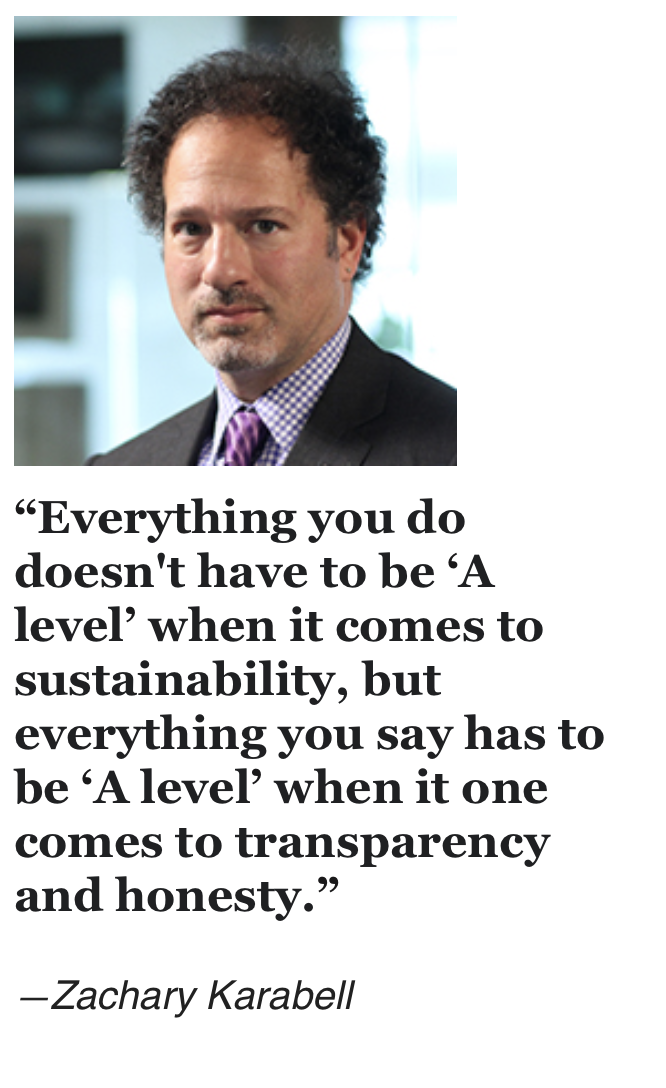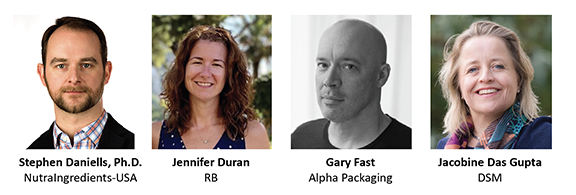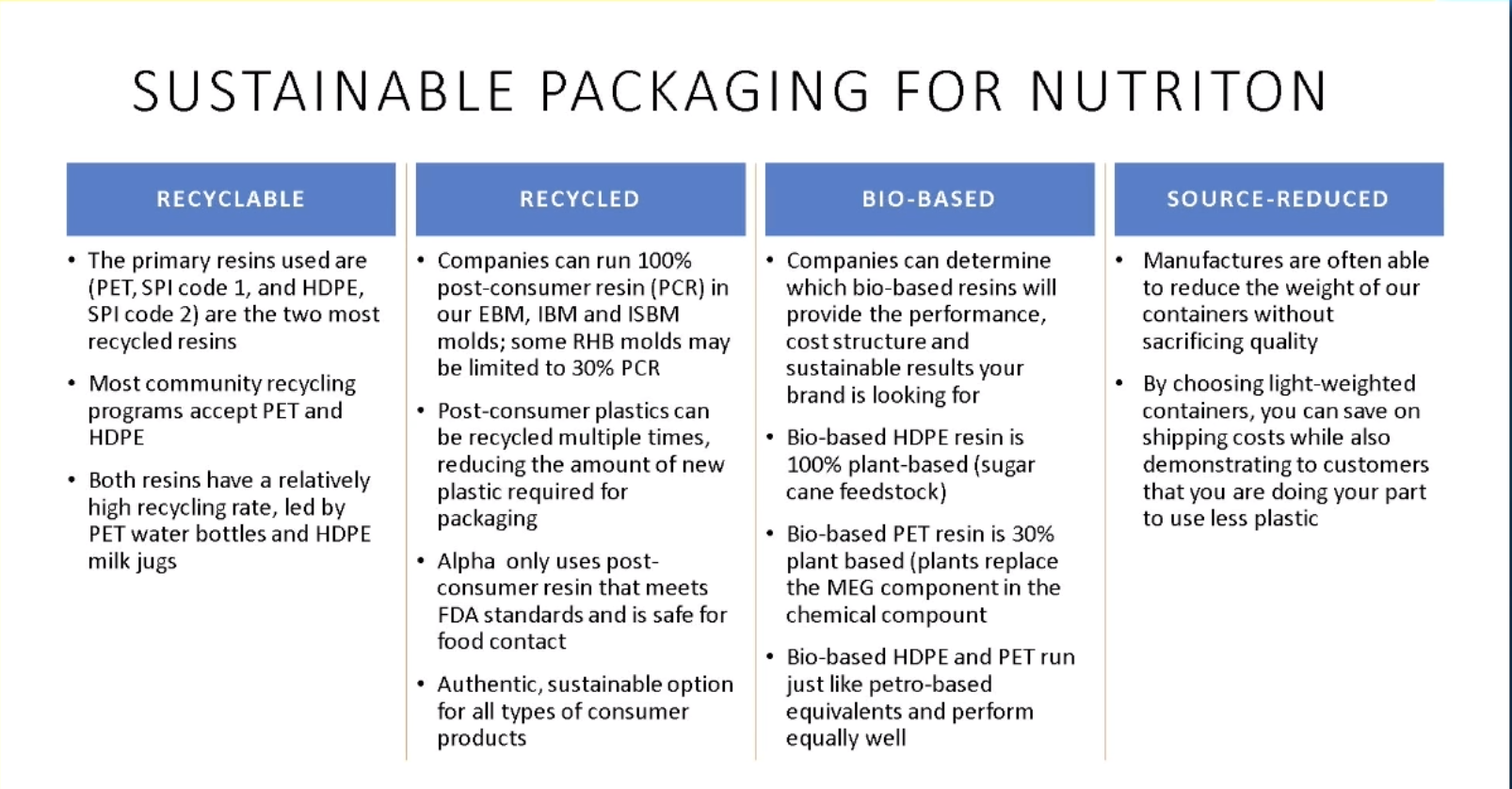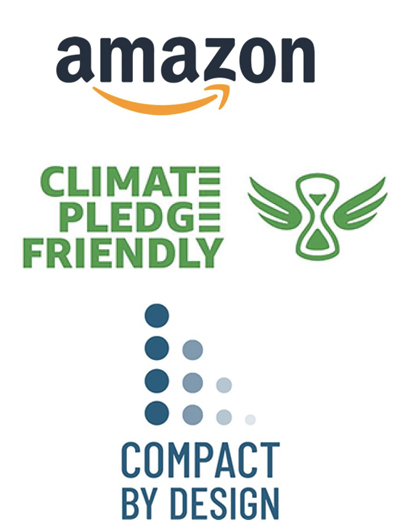OCTOBER 21, 2020
Transparency a key component to delivering on consumer demand for sustainability, experts agree
The idea that a company must either focus on its environmental footprint, how it treats its employees and packages products, or focus relentlessly on the bottom line rather than prioritize both is no longer the case, Zachary Karabell, author, columnist and investor, observed in his keynote address at CRN's NOW, NEW, NEXT event last week.
 With the COVID-19 pandemic adversely affecting energy efficiency, as noted in a recent Axios item, raising awareness about the range of opportunities available to those companies who want to work toward more sustainable operations is more important than ever. Consumers seek out products that are brought to market sustainably and "the Milton Friedman idea that the best thing a company can do is return value to its shareholders may continue to be true, but how one returns that value now embraces all the issues," Karabell noted.
With the COVID-19 pandemic adversely affecting energy efficiency, as noted in a recent Axios item, raising awareness about the range of opportunities available to those companies who want to work toward more sustainable operations is more important than ever. Consumers seek out products that are brought to market sustainably and "the Milton Friedman idea that the best thing a company can do is return value to its shareholders may continue to be true, but how one returns that value now embraces all the issues," Karabell noted.
Acknowledging the challenges posed by the "law of unintended consequences" associated with sustainability, Karabell underscored that everything is interconnected and consumers are beginning to understand that.
"People will not expect perfection. They will expect transparency. They won't expect every aspect of what you do to be perfect, but they will expect that nothing that you say is dishonest—and that is an absolute red line. Everything you do doesn't have to be 'A level' when it comes to sustainability, but everything you say has to be 'A level' when it one comes to transparency and honesty," Karabell emphasized.
Following Karabell’s presentation, Stephen Daniells, Ph.D. of NutraIngredients-USA moderated a discussion among Jennifer Duran, of RB, Gary Fast, of Alpha Packaging, and Jacobine Das Gupta, of DSM, who shared insights from their companies' sustainability efforts.


Das Gupta emphasized, "You really have to walk the talk. As mentioned earlier, you don't need to be perfect, but you have to be transparent and you also have to do everything possible to reduce the carbon footprint of your own sites." DSM's ambitious vision for sustainability is embedded across all business functions from sourcing, to marketing and sales, to the innovation pipeline, she explained. She noted that sustainability is no longer a side issue, but a core part of how the company operates and engages with its suppliers, pointing to how DSM's search for more sustainably sourced nutritional lipids led to new product development. "Purpose-led means that we focus on specific societal issues. We look at actions to mitigate climate change, and we also look at smart ways to do more with the same resources."
Duran highlighted RB's progress reducing greenhouse gas emissions in its manufacturing and across its entire value chain since 2012, as well as its joining The Climate Pledge earlier this year and its work with TerraCycle's Loop initiative. She noted that customer education can play role as well, such as its #SkipTheRinse campaign. "Sustainability is a journey. For a lot of companies it can be very overwhelming, especially if you don't know where to start, but it's important—taking that first step, then taking another—to not view sustainability as a destination that you get to but rather it's about that continued improvement journey."
Fast highlighted four different directions companies can go with packaging to be more sustainable: recyclable, recycled, bio-based or source-reduced. "The good news is that a lot of nutrition products either are in PET plastic or HDPE plastics, which means that they are either number one or number two recyclable...recycling programs have suffered a lot during COVID-19, unfortunately. So strengthening recycling programs and just reminding people that a PET plastic bottle is very easy to recycle curbside, and same with HDPE plastic bottles, is key," he noted. Fast compared packaging options, noting that companies can make choices to correspond to what their own customers value most and include sustainability details in their marketing.


How is your company helping protect our natural environment, human, and ecological health? Share with Emily Zavrel. CRN may feature your efforts in an upcoming edition of the Daily Supplement.
Darlington spotlights intersection of sustainability and legislation in the states
 CRN's Amanda Darlington monitors federal and state legislation, collaborating with stakeholders to oppose onerous proposals and educate lawmakers. Darlington connected key takeaways from the NOW, NEW, NEXT sustainability discussion to issues on the legislative horizon, noting, "As CRN and companies around the country prepare for the 2021 state and federal legislative sessions, environmental issues will be at the forefront of the conversation, especially if Democrats take the White House. Climate change and all of the subsidiary causes, from single-use plastics to soil desertification, could become federal-level conversations." Regardless of the presidential election outcome, Democrat-controlled state legislatures will be active, she added. Of note in California is the single-use plastics packaging bill that will be reintroduced, which would require all single-use packaging in the state to be compostable or recyclable beginning in 2032.
CRN's Amanda Darlington monitors federal and state legislation, collaborating with stakeholders to oppose onerous proposals and educate lawmakers. Darlington connected key takeaways from the NOW, NEW, NEXT sustainability discussion to issues on the legislative horizon, noting, "As CRN and companies around the country prepare for the 2021 state and federal legislative sessions, environmental issues will be at the forefront of the conversation, especially if Democrats take the White House. Climate change and all of the subsidiary causes, from single-use plastics to soil desertification, could become federal-level conversations." Regardless of the presidential election outcome, Democrat-controlled state legislatures will be active, she added. Of note in California is the single-use plastics packaging bill that will be reintroduced, which would require all single-use packaging in the state to be compostable or recyclable beginning in 2032.
"In the absence of a federal recycling infrastructure and a possible four more years of a Republican White House, states around the country will attempt to move sustainability issues forward in their own backyards, on their farms and in their regulatory agencies," Darlington observed. "The dietary supplement industry has a meaningful opportunity to work with government at legislative and regulatory levels to create and utilize sustainable packaging that consumers can rely on for their products and for their environment."
CRN will continue to monitor these issues and work with coalitions around the country to advance our industry priorities.

Members interested in staying updated on these issues should join CRN's Government Relations State Subcommittee. Contact Amanda Darlington for information.
New Amazon program includes badge, certifications, to help consumers identify sustainable products
 CRN member Amazon's new "Climate Pledge Friendly" program aims to make it easy for customers to find more sustainable products. The company has partnered with outside certification organizations to inform when a product can be included in the program. In addition, Amazon has developed efficiency standards for different categories of products based on package dimensions, item weight and the number of units, that determine whether it qualifies for its "Compact by Design" certification. Learn more via New Hope Network.
CRN member Amazon's new "Climate Pledge Friendly" program aims to make it easy for customers to find more sustainable products. The company has partnered with outside certification organizations to inform when a product can be included in the program. In addition, Amazon has developed efficiency standards for different categories of products based on package dimensions, item weight and the number of units, that determine whether it qualifies for its "Compact by Design" certification. Learn more via New Hope Network.

